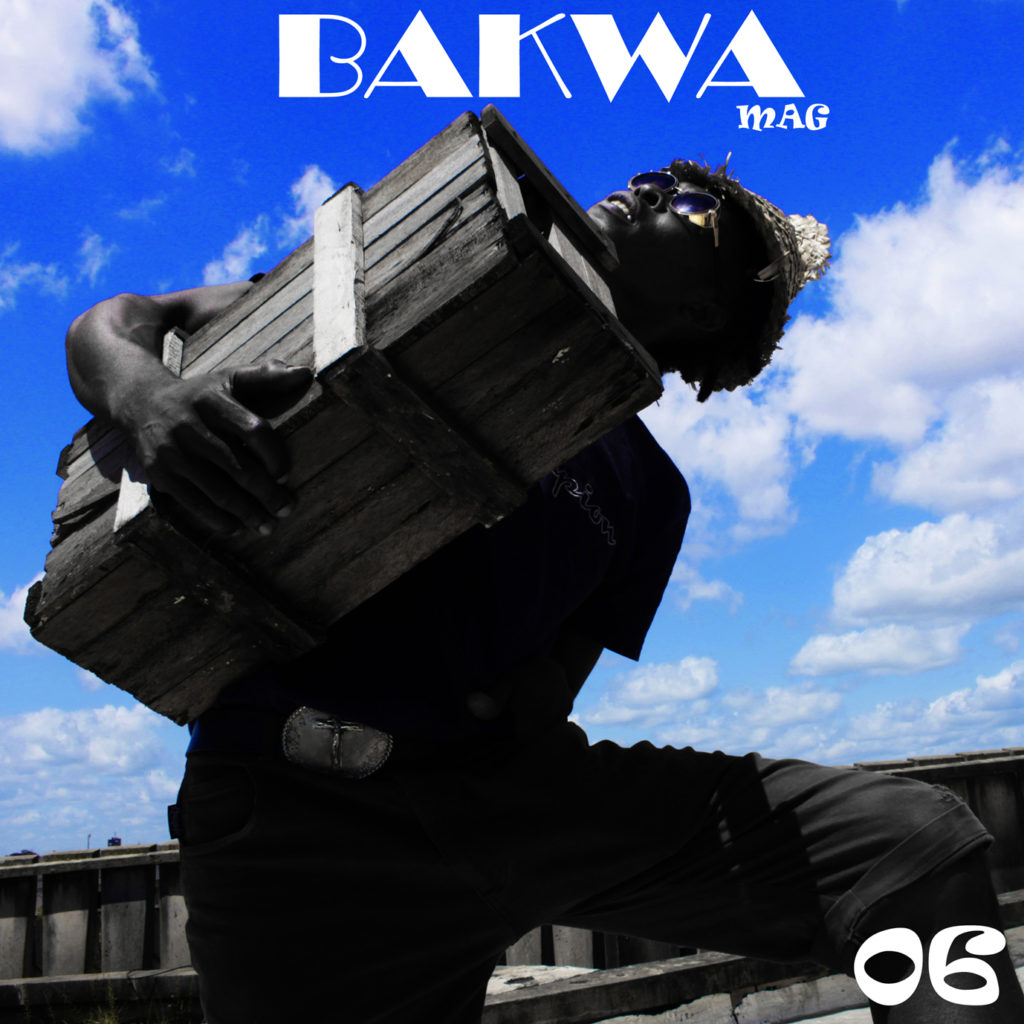Georgina Mexía-Amador reviews Bakwa magazine for Brittle Paper, a platform which is part of the global literary movement promoting and shaping the way we produce, appraise, and consume African literary works. Here is an excerpt:
As a Mexican writer, I do not find it hard to review a magazine such as Bakwa because I acknowledge, in the first place, the long-held ties between my country and specific regions of West and Central Africa. A common history of colonialism brought us together with the European plundering of both America and Africa, with all the socio-economic, racial and political implications this has meant for the shaping of our countries’ geopolitics for the last five hundred years or so. I can mention the absurd and monstrous caste system implemented during the Spanish colonial rule in Mexico (16th to 19th century), and point out that it was the indigenous and the black population brought from the Western coasts of Africa, which stood at the bottom of society, but I do not wish to go further in enumerating the series of atrocities that Mexico and the countries in Central and West Africa have had in common. Instead, I want to stress that when I first browsed Bakwa Magazine, I thought of the enormous cultural heritage with which Africans are still nourishing Mexico. I wanted to reaffirm the strength of the bridge that has united us without necessarily having one of the Western “Big Daddies” as intermediary. I wanted our common fascination for literature and activism, in all of its forms, to be what brought us together.
Since its launch in 2012 by its founding editor, Dzekashu MacViban, Bakwa Magazine has put up resistance against silence, misrepresentation and regionalism through a wide array of artistic expressions, such as literature, photography, music, political cartoon and non-fictional reportage. Based in Cameroon, Bakwa is not only concerned with redefining Cameroonian literature and cinema from a perspective that questions the narrowness of a nationalistic agenda, but also with acknowledging the influences that currently shapes Cameroon and the countries and cultures around it; call it then, a clever expression of Pan-Africanism, that has even transcended its immediate boundaries into Europe and America. In a sustained attempt of following the traces of the African diaspora, Bakwa has situated itself in a cross-continental coordinate.
The rest of the review is available here.
Since its launch in 2012 by its founding editor, Dzekashu MacViban, Bakwa Magazine has put up resistance against silence, misrepresentation and regionalism through a wide array of artistic expressions, such as literature, photography, music, political cartoon and non-fictional reportage. Based in Cameroon, Bakwa is not only concerned with redefining Cameroonian literature and cinema from a perspective that questions the narrowness of a nationalistic agenda, but also with acknowledging the influences that currently shapes Cameroon and the countries and cultures around it; call it then, a clever expression of Pan-Africanism, that has even transcended its immediate boundaries into Europe and America. In a sustained attempt of following the traces of the African diaspora, Bakwa has situated itself in a cross-continental coordinate.
The rest of the review is available here.
